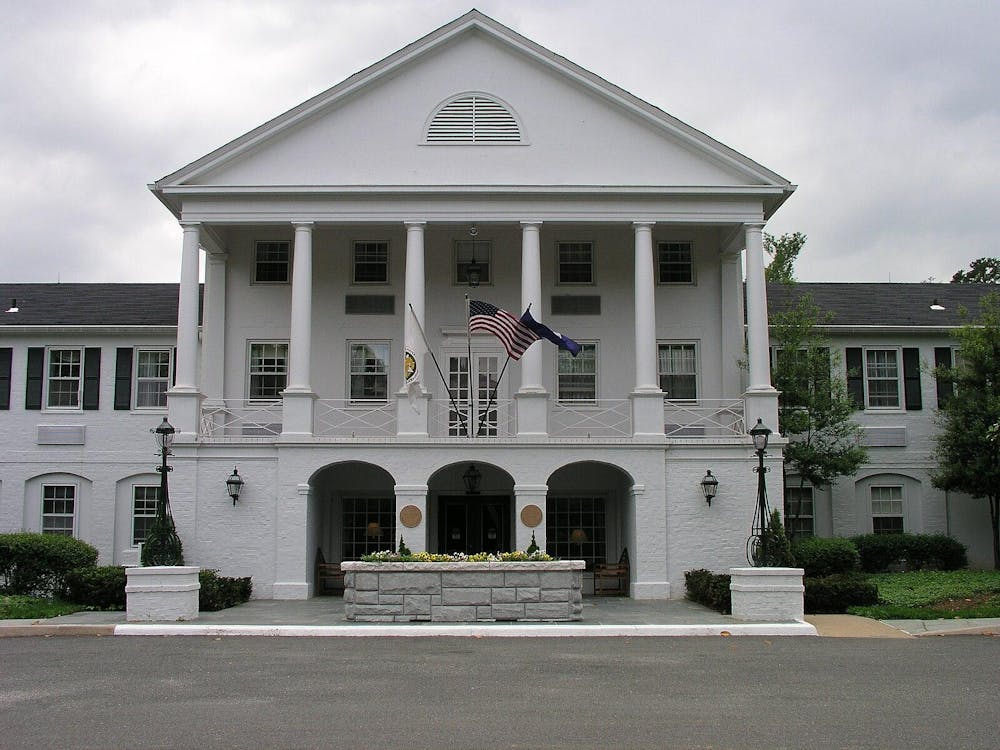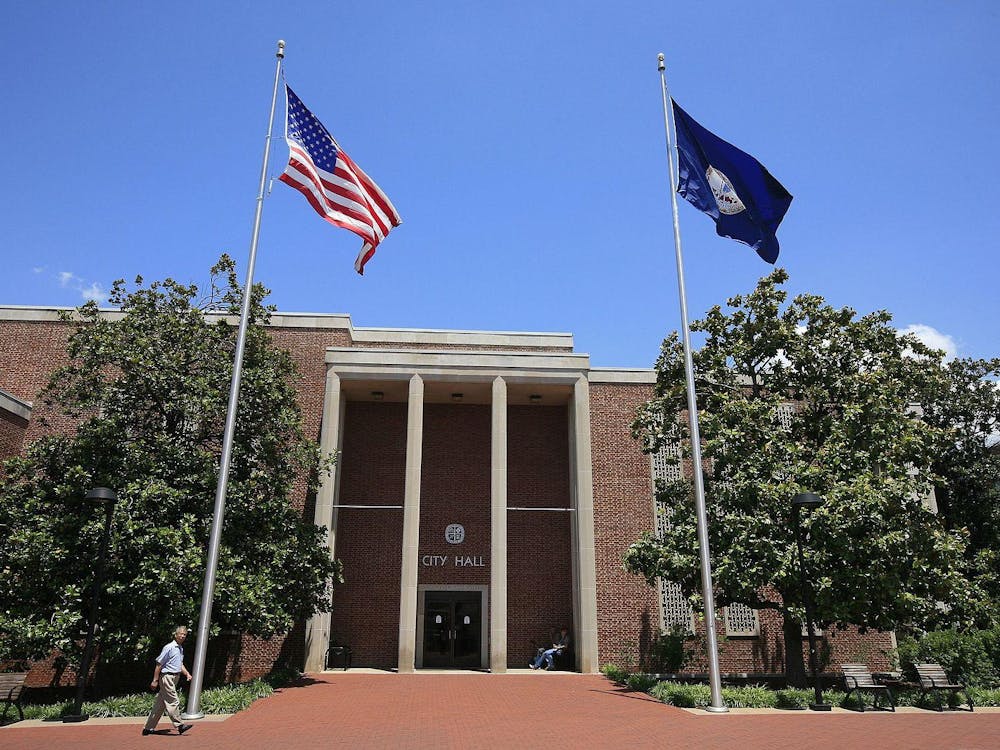THE DEATH of visiting 19-year-old Cornell student Matthew Pearlstone last week is endemic of the growing problem of alcohol abuse across college campuses. It is impossible to trace exactly how many deaths are caused by alcohol and associated aggressive and anti-social behaviors, with estimates of how many students die each year from alcohol varying from 36 into the thousands. Still, alcohol is widely acknowledged by experts to be the most pervasive health risk confronting college-aged students. And it is not so much the numbers as the sheer senselessness of alcohol-related deaths: They are eminently preventable.
The problem presented by alcohol on college campuses is a serious one, and there are short-term steps which should be taken to stem this problem. The problem is also present from a broader perspective, however: We need to confront seriously the implications of living in a community where alcohol serves as the main basis of social interaction.
There are a few obvious steps that may be taken to combat the negative effects of alcohol abuse. For example, the current system strongly discourages students from seeking help for friends below the drinking age passed out from alcohol intoxication. This is because students who call the police risk legal liability for serving liquor to underage persons. Sgt. Traci Craner of the University police confirmed in an interview that individuals who serve alcohol to underage persons can be arrested even if they call the police to seek help. Given the pervasiveness of underage drinking at the University, the best solution, from a legal standpoint, for a student having to deal with a passed out friend is to not call the police and simply hope the student wakes up. The University should not deter "good Samaritans" from calling the police when underage students are passed out at parties. That is, the University should adopt a policy that allows for an exemption from liability for students who call the police to assist passed-out, underage students.
While it may be argued that such a policy will encourage underage people to drink, penal sanctions, as they currently stand, do little to deter these students from drinking. Abuse of this "good Samaritan" exemption can be minimized by allowing for liability for repeat offenders. Such a policy would open the door for students to seek help for people who may be at serious risk of death from alcohol poisoning.
Many, if not most, college students believe strongly that they can drink and become intoxicated without suffering serious health consequences. These expectations are sometimes incorrect, as the Pearlstone incident proves. Yet they are often incorrect for an even more basic reason. Alcohol obliterates rational judgment and leads to a whole variety of behaviors which many individuals live to regret. Drunk driving, fighting and unplanned sexual encounters are but a few obvious examples. This is a serious point for many students, who often do not take these costs into account when they drink.
It may be argued that this suspension of judgment is exactly what people desire from alcohol. But the problem with alcohol, as with all drugs, is that the high has to end at some point. People have to deal with the hangover from these actions not only in a physiological sense, but in terms of mentality and reputation as well. You have to live with the consequences of the actions you take while drunk for the rest of your life. At some point, the high evaporates and you will need to confront the world as a sober individual. Retreat into alcohol is only temporary, and never completely satisfying. Every action has consequences, and the lows usually turn out to be more emotionally devastating than the highs are emotionally uplifting. The abuse of alcohol creates an alienating dualism between the real world and the haze of alcohol. Whatever ephemeral pleasure is derived from the use of alcohol is destroyed by the contact of the two worlds. Alcohol culture itself eventually becomes shallow and materialistic, a passive process without any meaning of its own, and without any future.
It is even more perverse that in college culture alcohol serves as the chief enabler of socialization between men and women.What does it say about our lives and our community that we can only come to grips with our sexuality beneath the haze offered by alcohol? It is ironic that a society supposedly based on reason and equality thrives on the use of an intoxicating agent which frees us from rational thought entirely.
It may be asking too much for to ask college students to give up drinking. But in the short-term, we should end the disincentive for people calling the police to assist victims of alcohol poisoning. In the longer term, we need to reevaluate our dependence on liquor for fun and realize the longer term spiritual costs of reliance on liquor.
Noah Peters' column appears Mondays in The Cavalier Daily. He can be reached at npeters@cavalierdaily.com.






